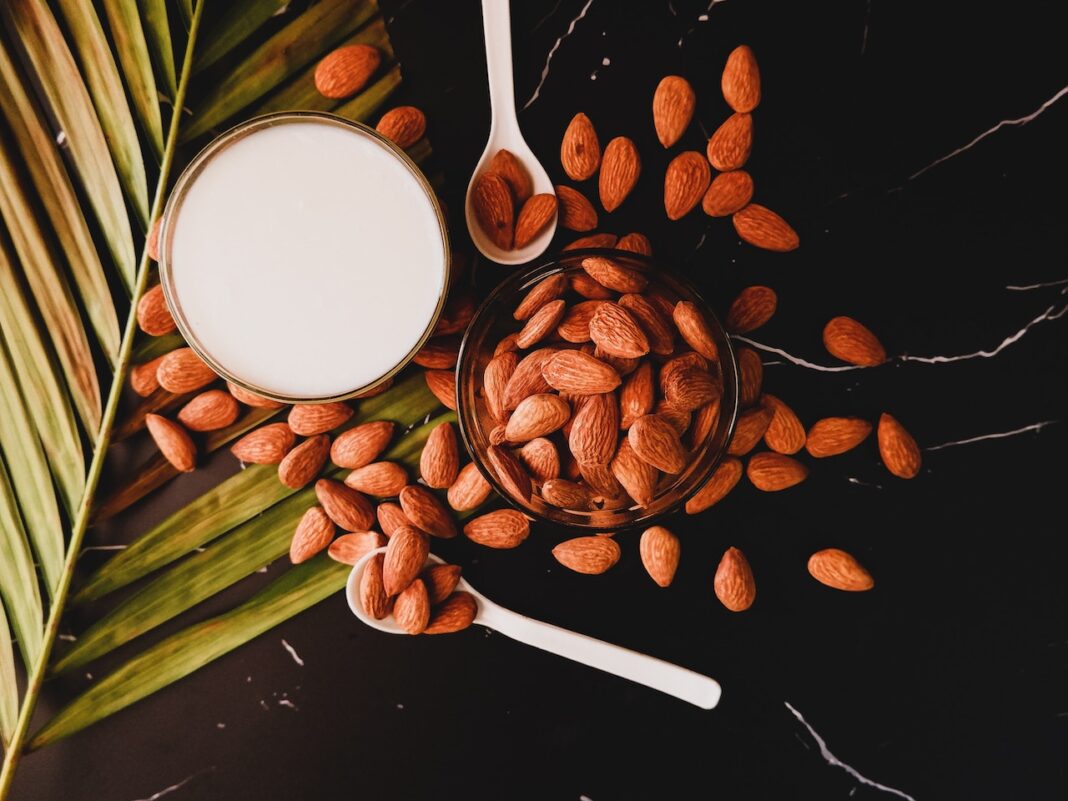Terms such as ‘cheese’ and ‘yoghurt’ could be blocked from use by plant-based brands should new draft guidance come into force.
The guidance is being prepared by the Food Standards Information Group, comprised of senior trading standards experts. An early draft suggested that the terms cheese and yoghurt could be subject to the same restrictions as milk, even if prefaced by ‘plant-based’ or ‘vegan’.
Possible bans of descriptions such as ‘yoghurt-style’ or ‘cheese-type’ are not ruled out under the draft proposal, which goes as far as suggesting that homophones such as ‘mylk’ would also be prohibited.
Responding to the proposed changes Liam Keogh, co-founder of Palm PR, tells NPN: “If the draft guidelines are put into force, then ‘obvious misspelling, homophonic words or [the] inserting [of] non-alphabet symbols’ to refer to legally protected dairy terms would be prohibited. This could affect all vegan dairy products, from milks to cheeses, butters and yoghurts, and could see brands banned from labelling their products as ‘mylk’, ‘m*lk’, ‘vegan cheese’, ‘plant-based yoghurt’, ‘cheddar-type’ and a host of other descriptors that have historically been allowed in the market.
This could affect all vegan dairy products
“As plant-based pioneers that have launched or implemented PR, social media and influencer campaigns for multiple dairy-free trailblazers – from CO YO, to Plenish, Rebel Kitchen, Nutty Bruce, Nush and Freaks of Nature – our team at Palm have worked in this category since its inception,” says Keogh, who has this message for brands: “If you sell a mylk or a sheese or a dairy-free yog, how can you ensure that these changes don’t wreck sales and imperil a hard-fought customer base? First of all, master the guidelines, so you understand how your business is affected. Invest in building equity and name-recognition in your brand and establishing it as a category leader.
“If you can’t use your packaging and the brand’s owned marketing to communicate the message you want, then using third parties will be crucial. Campaigns that educate the market will be a powerful way to build consumer understanding. Work with your retailer to establish the best place to place your product in-store. Proactively challenge the guidelines. Make noise on social media and implement PR campaigns to get your voice heard in opinion pieces, TV shows and podcasts, and use your customer base as an advocate for your position.
“Finally, if you have to, harness creativity to develop alternative ways to describe your products.”











